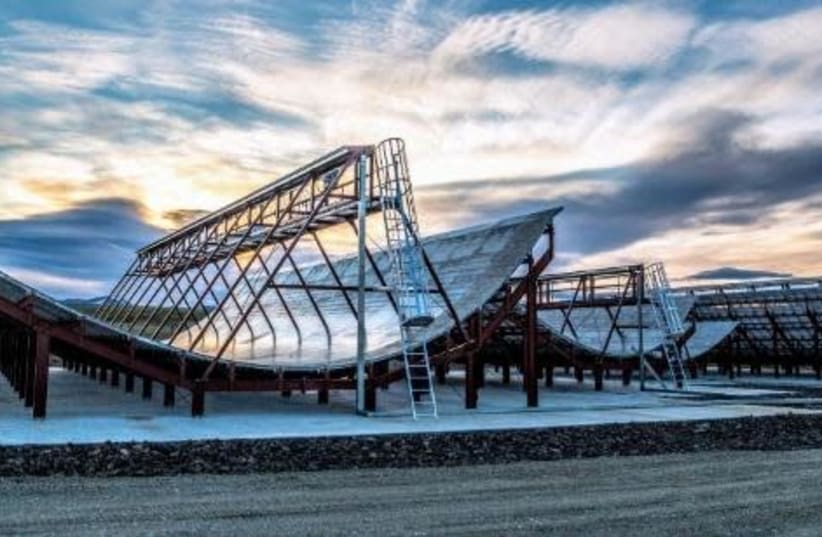"We are delighted to be working with an incredible team in Costa Rica, and proud to bring the first commercial phased-array radar to the equatorial region," said Mike Nicolls, LeoLabs Chief Technology Officer and co-founder. "This improves our coverage of equatorial and low inclination orbits, filling a critical gap for tracking satellites and space debris." The new station will be capable of tracking small debris down to 2cm.
LeoLabs is establishing the network of radars to map low earth orbit and provide satellite operators with collision-avoidance services. Each additional radar improves the company's ability to track objects. The company has already established stations in Alaska, Texas, and New Zealand. The Costa Rican radar, currently scheduled to begin operations in early 2021, is seen as filling a gap as an equatorial radar facilitates the tracking of all orbits.
The leader of the Central American country hailed the company's decision, predicting will bring significant long-term benefits.
"We welcome LeoLabs to Costa Rica," said Costa Rican President Carlos Alvarado Quesada. "The vision of a LeoLabs space radar in Costa Rica takes our national tradition of environmental responsibility and extends it to space, offering our nation a way to contribute to preserving the LEO ecosystem for generations to come. In addition, this investment builds on an existing set of space achievements by Costa Rica, in human space flight as well as in satellites, and opens up opportunities for our nation in the growing new space sector."
One of the factors that contributed to the selection of Costa Rica was the longstanding relationship between two former NASA astronauts, LeoLabs executive and co-founder Edward Lu and US-based Ad Astra Rocket Company CEO and co-founder Franklin Chang Díaz.
"From our mutual experience in space, Dr. Lu and I were both excited about the opportunity to address the threat to human spaceflight posed by space debris," said Chang Diaz, who flew seven times on the Space Shuttle and was the first Costa Rican astronaut. "The project in Costa Rica offered us the chance to increase safety of flight in space and enable responsible stewardship to drive our mission of preserving critical ecosystems."
"We are very appreciative of the partnership with Ad Astra in making this happen," said Lu. "One of the priorities for LeoLabs is to locate its next radar in an environment where there is a national and strategic commitment to the space industry."
Meanwhile, the latest developments in the Latin American cyber sector will be the focus of a special digital edition of Cybertech on August 11. CybertechLive Latin America brings together government officials, industry experts, academics, leading companies and startups from all over the region. More information about the event can be found here.
Read more from Cybertech News: https://www.israeldefense.co.il/en/categories/cybertech
